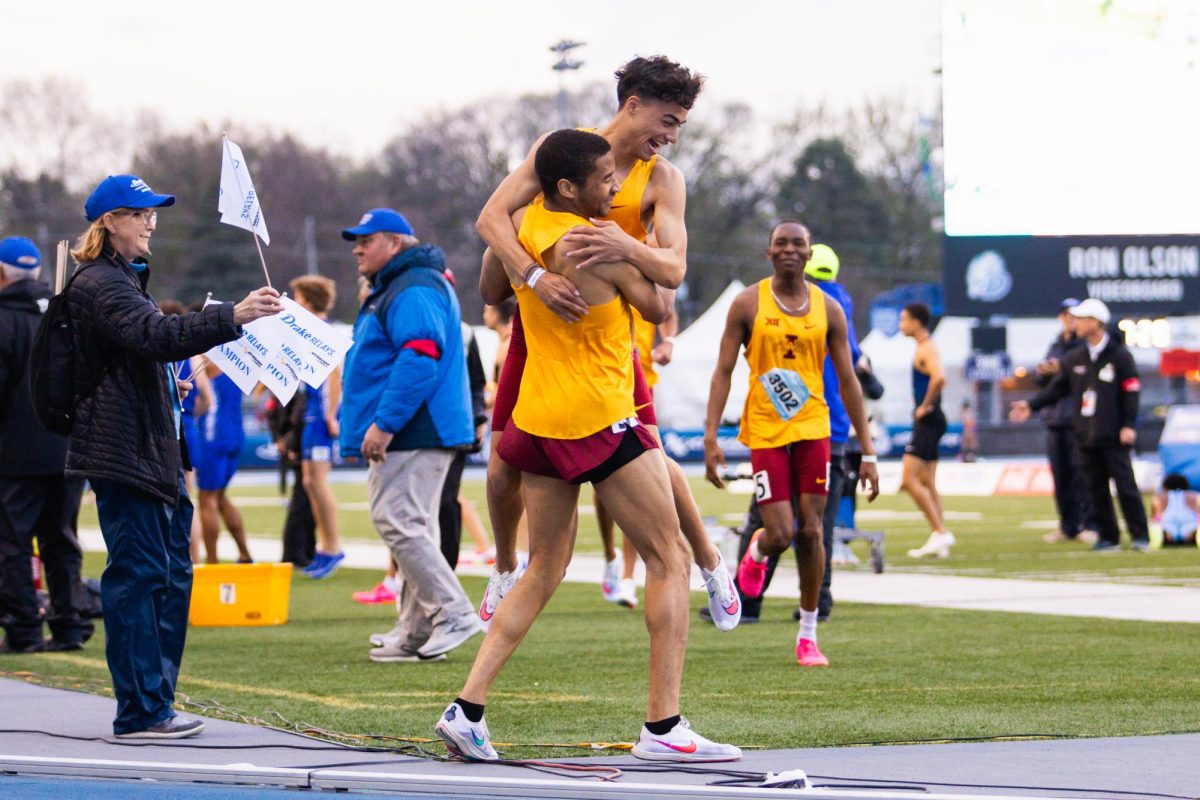Critics call for new vote on ISU rec center
April 29, 2008
A referendum to fund upgrades at Iowa State University’s recreation centers was unfairly influenced by school officials who had exclusive access to voting totals before the voting ended, critics say.
Those school officials are accused of using the early results from the three-day referendum to analyze whether their promotion tactics were working and revise their strategy as needed.
The proposal, which calls for implementing the largest yearly student fee increase in Iowa State’s history, narrowly passed in February and heads to the Board of Regents this week for final approval.
Critics want a new vote on the $53 million plan.
“The students of Iowa State should at least have the same rights that the U.S. State Department is trying to get for the citizens of Zimbabwe and Kenya – a free, fair and impartially judged election, free from undue government influence on the voting,” said ISU graduate student Joseph Isenberg, who helped organize an online group that opposed the fee increase.
The Des Moines Register, in a copyright story, obtained copies of ISU officials’ e-mails pertaining to the marketing of the recreation facility proposal.
Those e-mails show that Mike Harvey, ISU’s director of recreation services, received access to student votes before they were released to the public or to project opponents.
A day before online voting started, Harvey asked Jeff Sorensen, an official with ISU’s information tech-nology office, to help him get access to results during the three-day voting period.
“Maybe I can buy you that beer after the vote is completed,” Harvey wrote in an e-mail.
Sorensen responded with e-mailed instructions that gave Harvey access to early results.
Harvey sent the results to employees while voting was under way. In several e-mails, he told employees how they should characterize the project.
“Specifically try to make sure they realize no new fees will be paid by any students for this project until the summer of 2009,” he wrote.
Harvey defended his access to the votes, saying student government leaders knew he had early access.
















